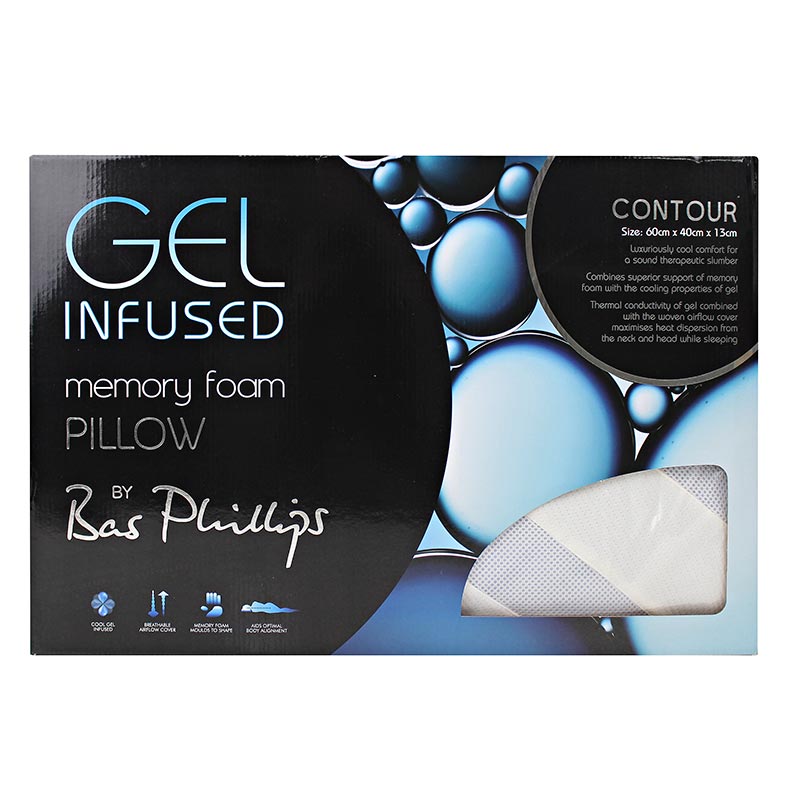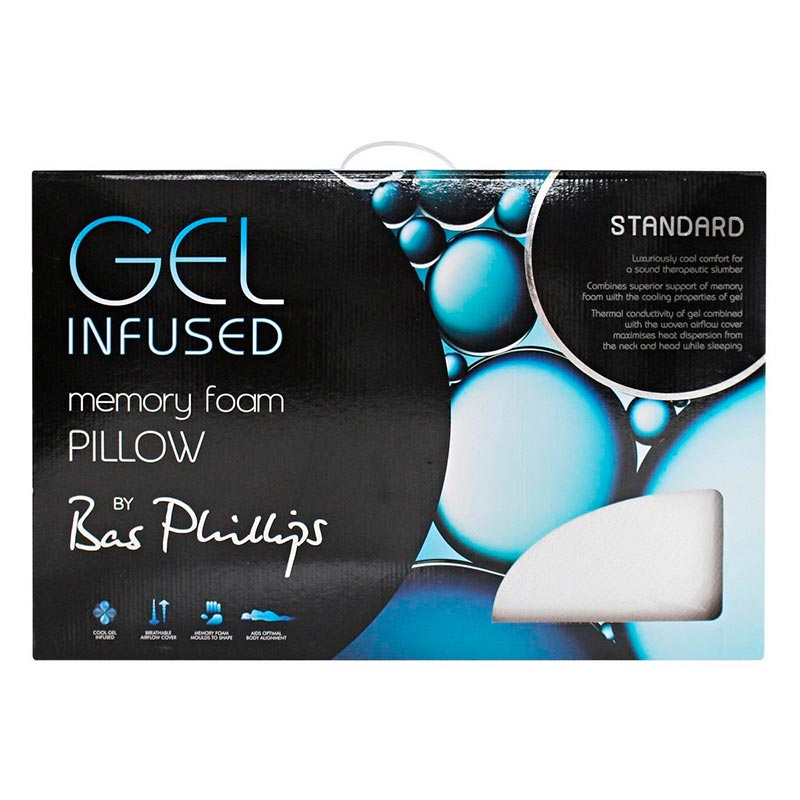Choosing the right pillow is crucial for a good night's sleep, but with so many options, it can be overwhelming. This ultimate guide will help you navigate through the various types, sizes, and features of pillows, ensuring you find the perfect one for your needs.
Pillow Types
- Feather: Similar to down but with a bit more support, feather pillows offer a slightly firmer feel.
- Memory Foam: Known for its contouring properties, memory foam pillows provide excellent neck and head support.
- Synthetic: Hypoallergenic and budget-friendly, synthetic pillows mimic the feel of down without the allergens.
- Wool: Natural and breathable, wool pillows regulate temperature effectively, perfect for all seasons.
- Bamboo: Eco-friendly and soft, bamboo pillows offer a unique combination of comfort and sustainability.
- Latex: Durable and supportive, latex pillows maintain their shape and offer good neck alignment.
-
Down: Soft and luxurious, down pillows are known for their comfort and adaptability to your head's shape.

Pillow Height
Your pillow should fill the gap between your head and the mattress without causing any strain on your neck. The loft or height of the pillow is a critical factor in this.
- High: Ideal for side sleepers, providing adequate neck and head support.
- Medium: Suitable for most sleepers, especially those who sleep on their back.
- Low: Best for stomach sleepers, ensuring alignment and reducing strain on the neck.

Size of Pillow
- U-Shape: Perfect for travel, providing neck support in any sitting position.
- European Pillow: Large and square, great for back support while sitting up in bed.
- Standard: The most common size, versatile for all types of sleepers.
- King Pillow: Wider than standard, ideal for those who move around a lot in sleep.
- Body Pillow: Full-body support, excellent for side sleepers and pregnant women.
Pillow Firmness
Pillow firmness is a personal choice and should complement both your mattress's firmness and your comfort preference. This ranges from soft to extra firm.- Soft: Great for those who prefer a plush and cushy feel.
- Medium: Offers a balance of comfort and support, suitable for many sleepers.
- Firm: Provides the most support, ideal for those needing extra neck and head stability.
Understanding Sleep Styles
-
Side Sleepers: If you're a side sleeper, you need a firmer pillow to bridge the gap between your ear and shoulder. This ensures proper alignment and avoids any neck strain.
-
Back Sleepers: Those who sleep on their backs benefit from a pillow with moderate lift. This supports the natural curve of your spine, offering a balance of comfort and support.
-
Front (Stomach) Sleepers: A softer, flatter pillow is best for stomach sleepers. It helps keep your neck aligned with your spine, preventing any awkward angles that could lead to discomfort.
Addressing Special Considerations
Your personal needs are a crucial factor.
- Allergies: Opt for hypoallergenic options like memory foam or latex if you have allergies.
- Neck or Back Pain: An ergonomic memory foam pillow can offer the extra support needed for those with neck or back pain.
Read More: Pillows Recommended By A Chiropractor
How Often Should You Replace Your Pillow?
Pillows should be replaced every 1-2 years for hygiene and to maintain support. Signs you need a new pillow include lumps, permanent stains, and if it no longer springs back to its original shape.
Can the material of a pillow affect allergies?
Yes, the material of a pillow can significantly impact allergies. Hypoallergenic materials like memory foam or latex are ideal for allergy sufferers as they are less likely to harbour allergens compared to traditional down or feather pillows.
Is there a one-size-fits-all pillow for every sleep style?
There isn't a universal pillow that suits everyone. Pillow choice is subjective and depends on individual preferences and sleeping positions. That's why it's important to consider your sleep style, material preference, and any specific needs when selecting a pillow.
What is the best way to maintain a pillow for longevity?
Proper maintenance can significantly extend the life of your pillow. Always follow the care instructions provided. Generally, using a pillow protector, regularly airing the pillow out, and washing it as per the manufacturer's guidelines are key steps in maintaining its condition and longevity.
Your journey to dreamland begins with the right pillow. By considering your sleeping style, material preference, personal needs, firmness, size, and maintenance requirements, you're well on your way to finding the perfect pillow. At Manchester Factory, we believe that the right pillow is not just about sleep; it's about quality of life.
Remember, the right pillow can make a world of difference. Embrace the journey of finding the one that suits you best, and you'll be amazed at how much better you'll sleep and feel. Sleep well, dream big!




